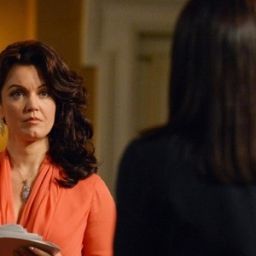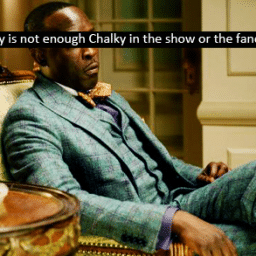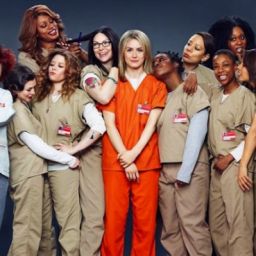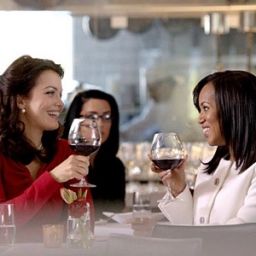
Now, I watched a couple of episodes of Girls just to see what the fuss was about and predictably, I personally identified with Lena Dunham’s 23-year-old white upper-middle class protagonists as much as I identify with the 40 something white upper-middle class protagonists of Sex and The City. That is, not much at all.
But I still don’t understand why the show – and Lena Dunhman – were singled out for portrayal of a whitewashed New York City. As if we hadn’t already seen it in SATC or Friends or various other network TV shows since TV was invented. Admittedly, Lena Dunham’s clueless initial response to the diversity criticism (“I didn’t write about people of color because I don’t know many!”) pretty much proved everyone’s point, I still don’t see how this response is much different from most TV writers/showrunners in Hollywood these days. These are all folks writing from their experience and if Hollywood is drawing from the same white, upper middle class well, these are the images we will invariably, consistantly see.
So why, in all of the discussion about Girls, have so few critics or cable/broadcast TV responsibility in bringing more diversity to TV through hiring more writers and showrunners of color? Because honestly, until that happens, we will continue to see the same default whiteness of mass media that we’ve been seeing for decades. There’s been quite a bit of attention paid to Shonda Rhimes’ Scandal as the first network TV show since 1974 to have a black female lead – but not as much attention being paid to the fact that it took the only prominent black female TV showrunner in Hollywood to make that happen. This is not a coincidence. But it’s easier to throw criticism at Girls and get a few people of color thrown into subsequent seasons, and say diversity has been achieved, than deal with the real issue of Hollywood’s lack of diversity and nepotism.
But what about the online world? Recently, the Washington Post wrote about how online video has become a platform for writers and producers of color to attract and grow an audience for their work.
Among the 20 most-subscribed-to channels on YouTube, eight feature minorities. Most are Asian American. Many more black and Latino shows populate the top 50. These producers are also finding an audience that has been largely neglected by Hollywood. Nearly 80 percent of minorities regularly watch online videos, compared with less than 70 percent of whites, the Pew Internet & American Life Project says.
I talked about ABG being the future of TV in a past post, and the Washington Post article is encouraging, but now I am not so sure about my proclamation. With the major investors and decision-makers in the online world being just as homogenous as Hollywood, I do wonder if online video will ultimately be much different in terms of providing any exceptional new opportunities for writers, producers and showrunners of color. So, while TV critics and bloggers mull over what Girls more-diverse second season, I’ll be over here wondering if it will take another 38 years to see a black female show lead on TV, and what it will take to avoid that.










[…] the original post: Default Whiteness in TV, and why online video's not much different … ← 'Celebrity Apprentice': Donald Trump on Why You'll Never See … TV […]
[…] Clare’s The Mortal Instruments – serve to highlight how toxic the assumption of ‘whiteness as normative’ can be. Even in instances where characters are explicitly stated to be POC, as was the case in […]